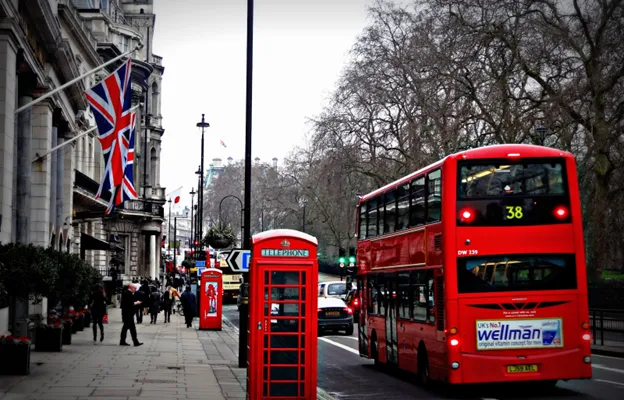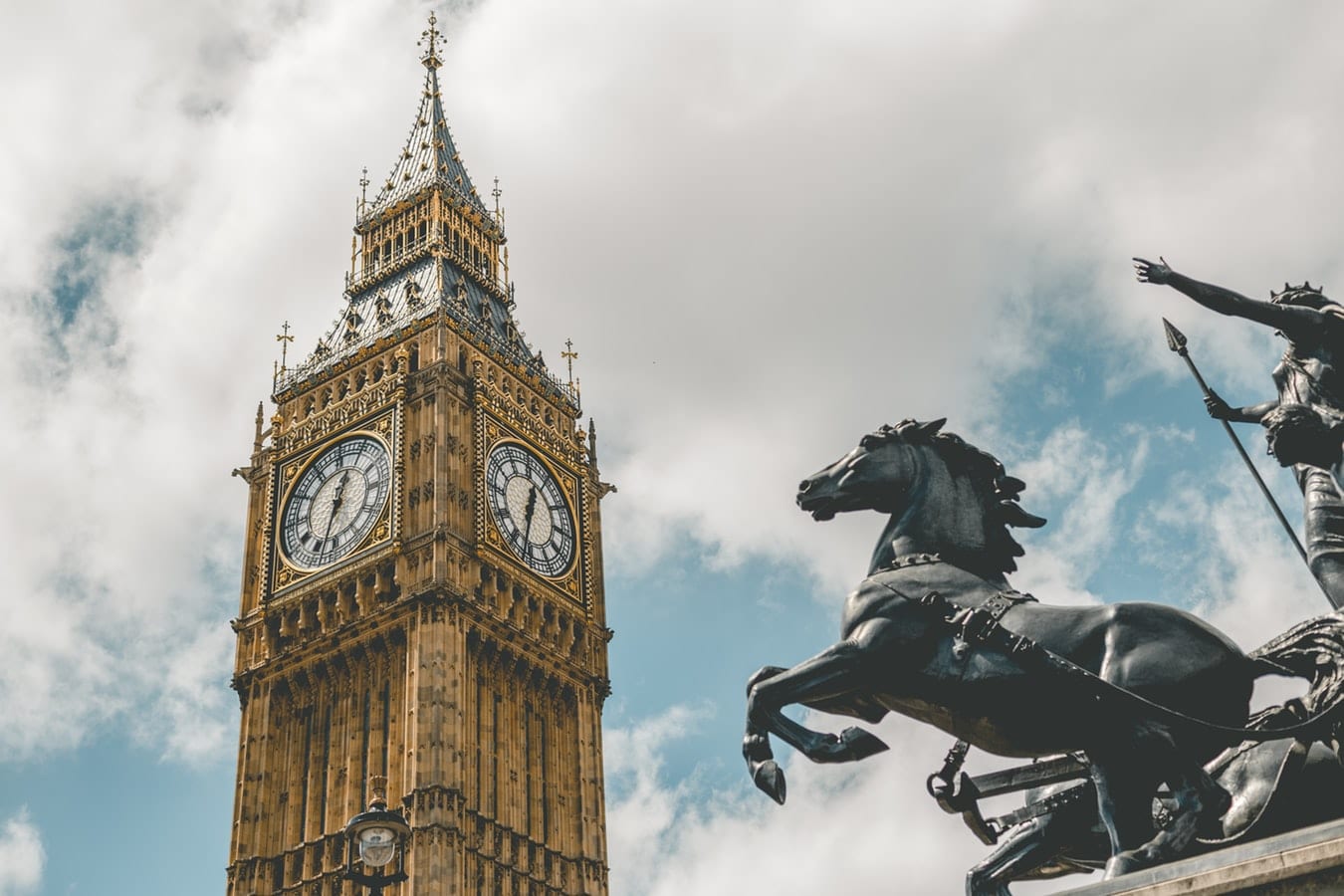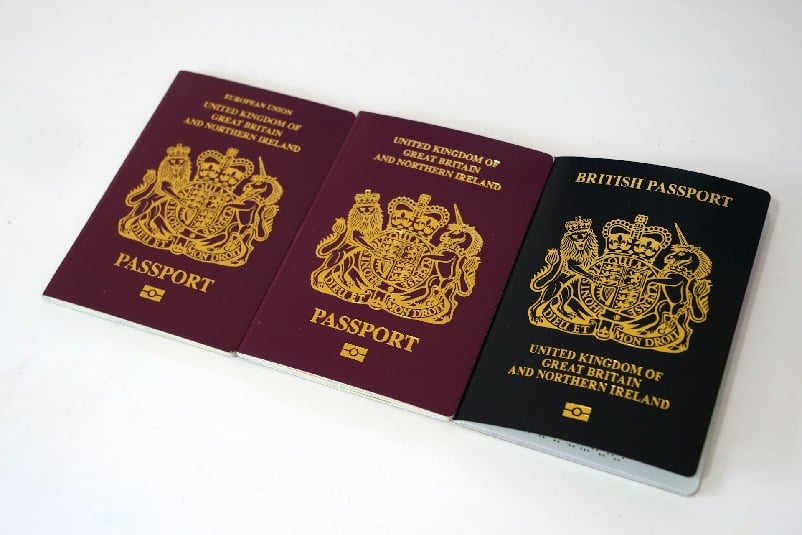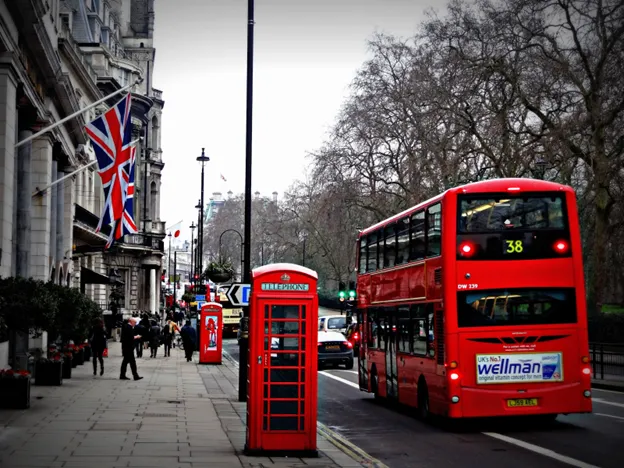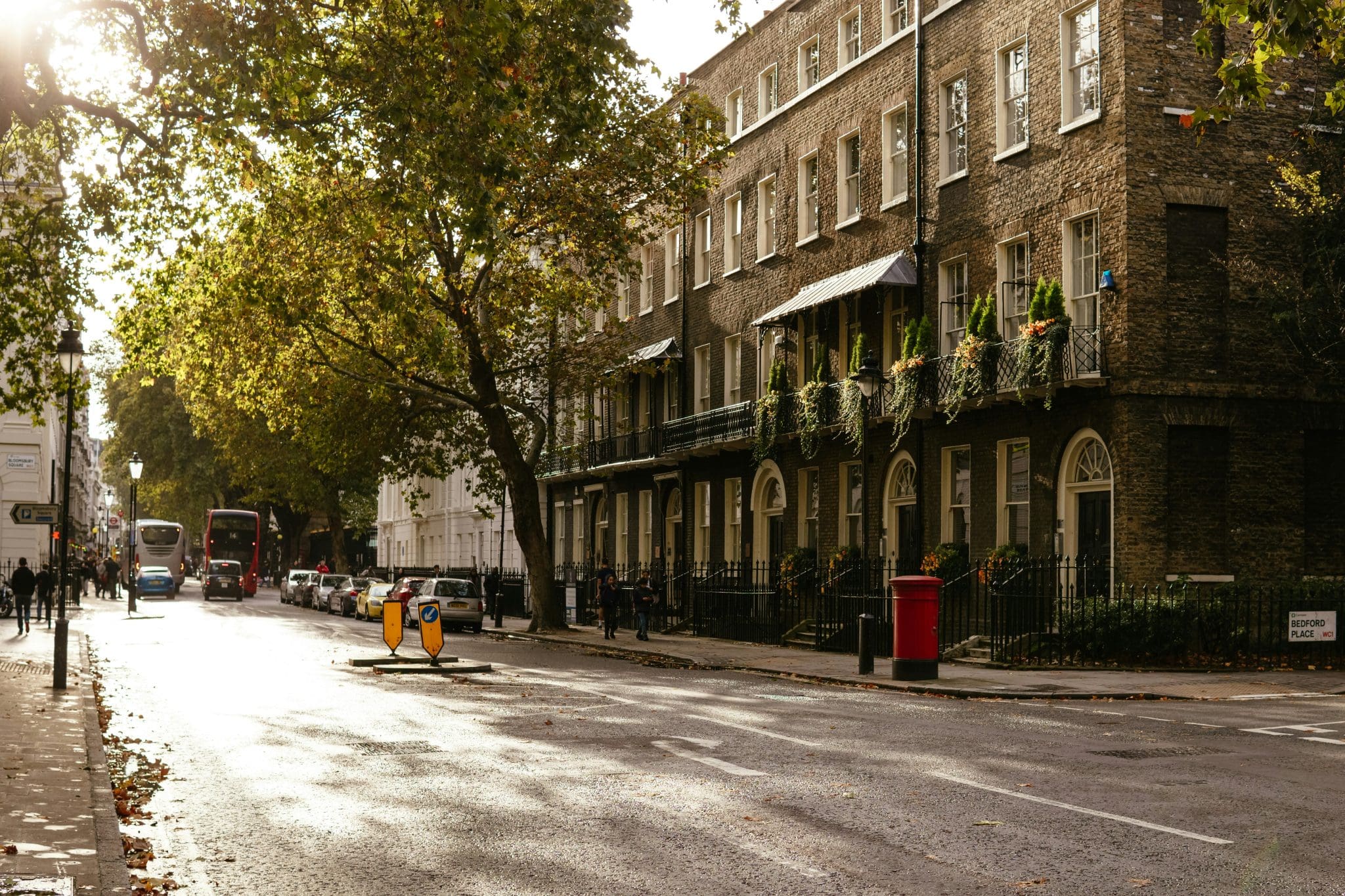Exceptional Compassionate Circumstances UK Visa
UK Immigration law considers exceptional cases where an unfavourable decision on an applicant would be regarded as harsh. If you are applying for a UK visa and do not meet the basic requirements but have a compelling case, UKVI may reconsider the rules for staying or leaving the UK based on exceptional circumstances.
For more information and advice on exceptional, compassionate circumstances for UK visas, please contact one of our expert lawyers at the Immigration Advice Service( IAS) at +44 (0)333 414 9244 or message us here.
Read our 1001 reviews
Exceptional Compassionate Circumstances in UK Visa Applications
Exceptional, compassionate circumstances mean that refusing a UK visa application would cause ‘unjustifiable harsh circumstances’ for the applicant and any family members involved.
Exceptional, compassionate circumstances also refer to situations where a family UK visa applicant is given a favourable decision because refusal can mean breaching the European Convention on Human Rights (ECHR).
“Unusual” or “unique” do not equate to “exceptional.” Although every case is different in some way, most cases are not exceptional because of these differences. For instance, just because a case narrowly fails to meet the requirements outlined in the Immigration Rules does not make it exceptional.
In this case, most exceptional compassionate circumstances evoke compassion in the decision-maker’s mind. However, the case must be extreme or severe to be considered exceptional.
Unjustifiable Harsh Consequences
‘Unjustifiable harsh consequences’ means that refusing the decision will lead to severe consequences for all parties involved. The word ‘unjustifiable harsh circumstances’ also means that the decision’s outcome is not warranted because the public interest is not served.
Where the public interest is involved, maintaining effective immigration control, avoiding burdens on taxpayers, promoting integration, or protecting the public and others’ rights and freedoms must be considered.
Article 3 and 8 Rights
Article 8 laws are relevant rules the European Convention on Human Rights (ECHR) provides to protect applicants’ rights. Under this law, if you can prove that the consequences of breaching your Article 8 rights would be so severe that it outweighs the state’s right to remove/deport you, you could be granted leave to remain. This rule guides decision-makers in making the right decision on an application related to family life, staying or leaving the UK, or exceptional circumstances.
Article 8 protects the applicant and dependants’ right to have their private and family life respected. It permits the applicant to exercise their right as long as it is within the law, their well-being, that of the country, and the freedom of others.
An applicant or certain family members may require urgent medical treatment (physical or mental), and leaving the UK at that time may breach their human rights. Medical rights are referred to as Article 3.
Factors Guiding Case Workers for Exceptional Cases
As stated in the guidance of family life and exceptional circumstances, the decision-makers must consider several factors to grant the applicant leave on the grounds of exceptional circumstances.
These compelling, compassionate factors permit a leave period for reasons not stated in Article 8. All the factors the applicant raises are considered as long as they are relevant.
Some of these factors include:
- The rights and interests of any relevant child involved are a primary consideration.
- How the decision will affect the applicant, parent or child of the applicant involved are considered.
- The medical condition of the applicant and family members involved. The applicant, child or parent of the applicant may need urgent medical treatment.
- There must be evidence of a parental relationship involving a British child.
- The nature of the circumstance, such as the funeral of a loved one, is considered.
- It is also considered when separation is involved or when it is unreasonable for a British child to leave the UK.
Who Is a Relevant Child?
According to Appendix FM (family members), a relevant child is a person who is under 18 years old at the time of the application. A relevant child may also be affected if the applicant does not get a favourable decision.
Examples of Exceptional Circumstances
Case 1
William and Alexis have been married for five years now. Alexis is a British citizen who wants to bring her husband from South Africa to the UK on a spousal visa.
Alexis and William have not been able to meet the financial requirement of £29,000 annually. Alexis claims she will have a reliable source, which will be available to her after William is granted entry clearance. They showed proof to that effect.
However, having seen the proof, the Home Office did not dispute it, but the Home Office did not grant entry clearance to William because they could not prove that refusing the application would lead to unjustifiable harsh consequences for both of them.
Case 2
Ahmed and Onair have lived together in the UK for a year and six months. Ahmed is a British citizen of Egyptian origin. Onair came to the UK on a visitor visa and overstayed. They both have a one-year-old daughter who is undergoing ongoing medical treatment.
Unfortunately, they cannot apply for a spousal visa because Onair does not have a valid passport for staying in the UK. Onair cannot work because she has no valid visa and stays home to look after their daughter. Ahmed goes to work and provides for the family.
Onair applied for indefinite leave to remain, stating that it is an exceptional case because their daughter needs motherly attention and care due to her terminal illness. She also cited that it would be unreasonable to separate a mother from her child.
Articles 3 and 8 apply in this situation. Onair’s application was accepted, and she was granted indefinite leave to remain.
Financial Requirement Under Appendix FM for Exceptional Cases
Appendix FM for exceptional cases is a set of rules on the UKVI website to guide caseworkers in making decisions on an application. These rules are stated in the labels from Gen 3.1 to 3.3. These rules can also be used for instances of entry clearance and limited leave to remain.
According to GEN 3.1, the decision maker must check whether the applicant meets the financial requirements. The decision maker considers the applicant’s source of income and financial support.
All UK visa applications require a minimum financial income before a favourable decision is given. For instance, if you are applying for a spousal visa, you must meet the combined minimum financial requirement of £29,000 annually.
A sustainable source of income can come from a third party, a sustainable job, or any dependable source that the applicant can rely on during the period of leave to remain.
The Home Office will access the source of income if it is genuine. That is why an applicant must submit proof of the source of income.
Gen 3.1 (b), as stated by UKVI
‘the decision-maker must consider whether such financial requirement is met through taking into account the sources of income, financial support or funds set out in paragraph 21A(2) of Appendix FM-SE (subject to the considerations in sub-paragraphs (3) to (8) of that paragraph).’
The implications of Gen 3.1 mean that the applicant and partner must ensure they have a reliable source of income or financial support that the decision-maker can also consider since they cannot meet the financial requirements.
If this is met, then entry clearance or limited leave to remain will be granted to the applicant. An excuse for not meeting the financial requirement can only be considered if an unfavourable decision means unjustifiably harsh consequences for the applicant, partner or a relevant child.
Implication of Appendix FM for Exceptional Cases
The information provided will determine if the applicant’s situation is exceptional, and refusal of leave to remain or entry clearance could mean that Article 8 has been breached. A breach of Article 8 results in ‘unjustifiable harsh consequences’ for the applicant, relevant child and partner, as the case may be.
Gen 3.1 (b) and Gen 3.2, as stated by UKVI
‘It is evident from the information provided by the applicant that there are exceptional circumstances which could render refusal of entry clearance or leave to remain a breach of Article 8 of the European Convention on Human Rights, because such refusal could result in unjustifiably harsh consequences for the applicant, their partner or a relevant child; then’
‘GEN.3.2.(1) Subject to sub-paragraph (4), where an application for entry clearance or leave to enter or remain made under this Appendix, or an application for leave to remain which has otherwise been considered under this Appendix, does not otherwise meet the requirements of this Appendix or Part 9 of the Rules, the decision-maker must consider whether the circumstances in sub-paragraph (2) apply.’
‘Gen 3.2(2) Where sub-paragraph (1) above applies, the decision-maker must consider, on the basis of the information provided by the applicant, whether there are exceptional circumstances which would render refusal of entry clearance, or leave to enter or remain, a breach of Article 8 of the European Convention on Human Rights, because such refusal would result in unjustifiably harsh consequences for the applicant, their partner, a relevant child or another family member whose Article 8 rights it is evident from that information would be affected by a decision to refuse the application.’
‘GEN.3.3.(1) In considering an application for entry clearance or leave to enter or remain where paragraph GEN.3.1. or GEN.3.2. applies, the decision-maker must take into account, as a primary consideration, the best interests of any relevant child.’
Gen 3.2 implies that refusing the application will result in a neglect of Article 8 and unjustifiable harsh consequences for the applicant and any family member. Despite not meeting the leave requirements, as stated in Gen 3.2 and 3.3, the applicant will be granted leave for ten years if on a partner or parent route to avoid unjustifiable harsh consequences.
It also stipulates that the applicant will typically not be able to access public funds unless it can be demonstrated that they are or will be at risk of poverty or that there are other factors related to the welfare of a relevant child. People who might be unable to comply with Appendix FM’s rules still have options.
As previously mentioned, an applicant may rely on paragraph GEN.3.2 of Appendix FM if they can demonstrate that their case involves extraordinary circumstances that, if denied, would result in unjustifiably severe consequences for them or other family members.
We must acknowledge, though, that GEN.3.2 does not automatically make an applicant’s decision accepted. However, it would still require proof that rejecting an application would unnecessarily interfere with the applicant’s rights.
If the caseworker sees that the applicant’s case is truly exceptional, the applicant will be granted entry clearance and limited leave to enter or remain.
Exceptions for UK Parent and Partner Eligibility Requirements
For a UK family visa, the immigration rules permit a grant of leave to remain on a 5-year route to stay in the UK. There are exceptions to these requirements, and if the applicant does not meet the criteria, they may be permitted to remain on a ten-year route.
The exception for partners under Appendix FM says there must be proof of a genuine relationship with your partner and that staying apart would lead to significant difficulty. A marriage or civil partnership certificate and proof of communication can be shown as evidence of a genuine relationship with your partner. Parents are exempt from these exceptions if they prove that they are the child’s parents and that it is unreasonable for the child to leave the UK. An adoption paper or a birth certificate is evidence that can prove a genie relationship with your child.
Leave Outside the Rules (LOTR)
Leave outside the rules refers to situations where the applicant does not meet the Immigration rules, and there are no exceptional circumstances to justify granting leave under Article 8, Article 3 medical, or discretionary leave policies.
However, the caseworker can also consider other factors, such as an accident, an unexpected event, an emergency, or a crisis.
How Can IAS Help?
If you are applying for a family visa and do not meet the basic requirements but have a compelling case, UKVI may reconsider the rules for staying or leaving the UK based on exceptional circumstances.
You must seek legal advice to ensure a favourable decision. We are professional immigration lawyers with years of experience helping people with visa and immigration matters.
Our IAS lawyers are experts in exceptional, compassionate cases. We will compile your supporting documents, help you apply, and liaise with the Home Office for due consideration.
Our professional and friendly legal advisers can assist you regardless of your unique situation. Please speak with one of our lawyers to learn more about our services and how we can support you. Contact us online or call us at +44 (0)333 414 9244.
Table of Contents
Table of Contents will appear here.Table of Contents
Table of Contents will appear here.Legal Disclaimer
The information provided is for general informational purposes only and does not constitute legal advice. While we make every effort to ensure accuracy, the law may change, and the information may not reflect the most current legal developments. No warranty is given regarding the accuracy or completeness of the information, and we do not accept liability in such cases. We recommend consulting with a qualified lawyer at Immigration Advice Service before making any decisions based on the content provided.
Services we Provide
Frequently Asked Questions
Applicants applying for UK family visas, such as spousal, parent, and partner visas, can be considered for exceptional compassionate circumstances. Other visas can also be considered for discretionary leave and LOTR cases.
If eligible, applicants can apply for both the parent and partner visas. Applying for the parent route is advisable because the law considers the interest and welfare of children.
Applicants who do not meet paragraphs EX 1 and EX 2 may be eligible under appendix FM GEN 3.2. The Home Office would assess the exceptional circumstances to determine whether a refusal would result in unjustifiably harsh consequences.
Discretionary Leave (DL) cannot be granted if an applicant meets the visa requirements or qualifies for the LOTR or Article 8 reasons. It only applies to applicants whose cases are exceptionally compassionate and applies within the UK.
It is for both asylum and non-asylum cases. Such cases can be a result of modern slavery or medical treatment in the UK that may be unavailable abroad.
Indefinite leave to enter and Indefinite Leave to Remain mean the same thing. It is the right the Home Office grants to an applicant to stay in the UK indefinitely. It can also be called Unlimited Leave to Enter.
The benefit of indefinite leave to remain is that the applicant can work, study and later apply for British citizenship. In contrast, limited leave to enter is provided when a visa is approved and limited leave to remain is granted to non-UK citizens or holders of settled status who are in the UK on a long-term visa such as the Spouse visa, a work visa, or business visa.


